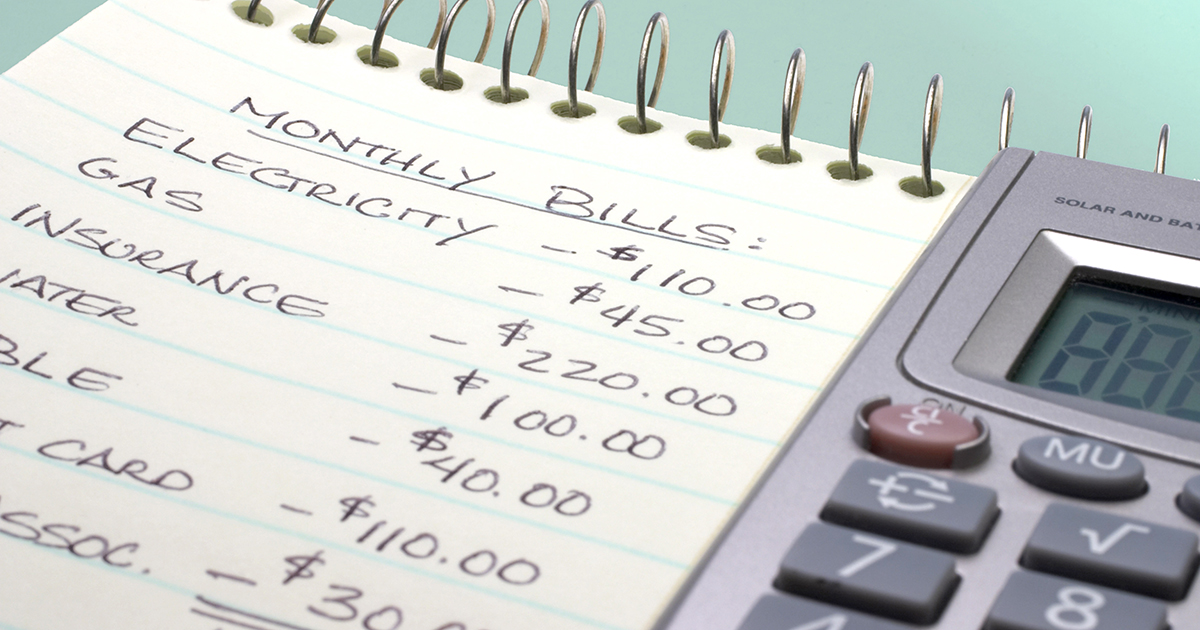Budgeting may be the single most powerful tool you have in controlling your finances.
But with a tool this powerful, it needs careful and continued attention. You worked hard to set your initial budget, but your needs, goals and financial picture will change over time, so your budget needs to adapt to these changes as well.
But how do you know when your budget needs adjustment?
Check out these tips to know how often you should adjust your budget and how to best align your budget with other changing aspects of your life.
Compare your plan versus the outcome
After you’ve set your initial budget plan, at the end of each month you should sit down and compare your planned budget with the spending you did. Use your spending to inform your budgeting decisions for the next month.
In order to accurately track your spending, save your receipts, use a spreadsheet or use Verve’s online banking to review your transactions (you can even pull some non-Verve accounts into Verve’s online banking to get a better picture of your finances!). You’ll want your spending information to be as accurate as possible, so use the tool that will be easiest for you to regularly update.
Depending on if your spending is above, below or aligned with your planned budget, changes may be required in a variety of categories to make the best use of your spending. Don’t be afraid to make continued changes to the same category of your budget a couple months in a row. Continue to adjust until you find the budget that works for you!
When you sit down to review your budget at the end of each month, ask yourself these four questions:
- What did I do well?
- What didn’t go as planned?
- How can I improve?
- Has anything major changed in my life?
Adjust when big changes happen
Whether it’s a new job, having a child or getting married, your budget should be adjusted when big changes happen in your life. Depending on the change, your budget may need to reflect a dramatic increase or decrease in either income or expenses.
For example, if you’re starting a new job that comes along with a pay raise, you’ll be able to set a budget that allows for more spending (or increased contributions to your emergency savings fund). But if you’re welcoming a new child into your family, your budget will need to be adjusted to include some extra expenses.
Note that these extra expenses could occur across multiple of your budget categories. In the example of having a child, both food and personal care products expenses will increase. There will also be other one-time purchases happening during that time that will impact how much you have to spend in other areas.
Consider seasonal changes in spending
You may want to take an especially careful look at your budget during certain times of the year. For example, around the holidays, you may have more additional gift spending than most other months of the year.
Because of this, your December budget may look dramatically different than your January budget every year. You may have multiple weddings to attend in one month but none in the next. These kinds of changes may be very temporary, but they’ll make a big difference to your budget.
Look at the annual overview
At the end of each year, look at your budget overview and assess where your money is going over time. Did your goals change since the beginning of the year? Do you need to set new goals for the next year?
Looking at the larger financial picture of your income and expenses can help you ensure you’re meeting your long-term financial goals.
Wondering how to adjust your budget for specific changes in your life? Check out our blogs on budgeting for new pets and budgeting for new college students for more information.






 Federally Insured by NCUA |
Federally Insured by NCUA |  Equal Housing Opportunity |
Equal Housing Opportunity |